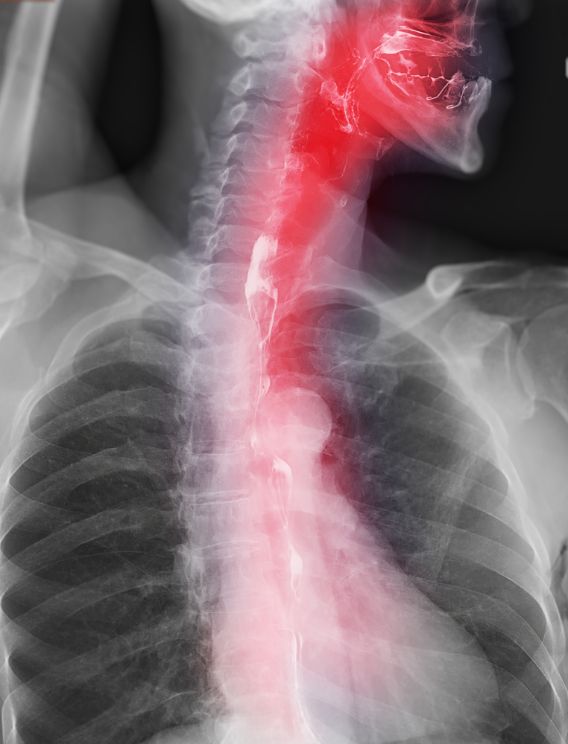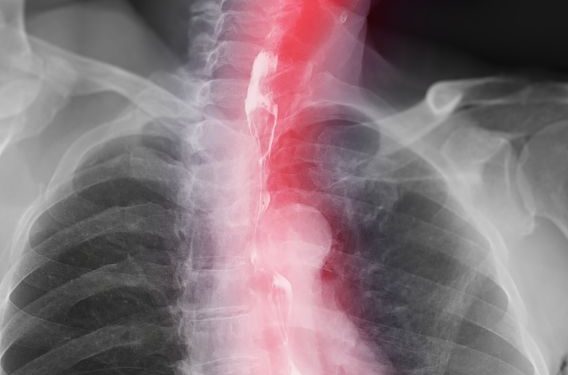People with esophageal cancer have a much lower chance of survival than those with other types of cancer. It’s important to get a diagnosis as early as possible, so that treatment can begin before the cancer has a chance to spread.
The esophagus is the long, hollow tube that moves food from your throat to your stomach, where it’s digested. Cancer of the esophagus begins in the cells that line this tube. It is more common in men than in women, and it can happen anywhere along the esophagus. Most people with esophageal cancer have cancer that starts in the cells of the lining of the throat (squamous cell carcinoma). A smaller number of patients have a cancer that starts in the glandular tissue of the esophagus (adenocarcinoma).
It’s not always clear what causes esophageal cancer. However, scientists have found a link between this cancer and damage to the DNA in esophageal cells. DNA is a chemical that provides instructions on when and how cells should grow, divide and die. In some cases, damaged DNA sends faulty signals that turn on genes that cause cells to grow and divide uncontrollably. These faulty genes also turn off genes that help cells die at the proper time. This can lead to the formation of tumors that can grow and spread to other parts of the body.

When a tumor is located in the esophagus, health professionals use a variety of tests to determine how far the cancer has spread, a process called staging. In addition to a physical examination, a doctor may order a chest X-ray, a CT scan of the neck and throat, an endoscopy, or a biopsy of the esophageal tissue. Blood tests may check for anemia, which can occur if the cancer has caused a lot of bleeding in the esophagus, and for abnormal liver enzymes, which indicate that the cancer may have spread to the liver.
If the esophageal cancer is small and hasn’t spread, it can usually be treated with surgery and radiation therapy. For larger tumors or for those that have already spread, a combination of chemotherapy and radiation is often used. Chemotherapy involves taking drugs that attack cancer cells. These can be taken by mouth or delivered through a tube placed in the throat (esophageal stent). Radiation therapy uses beams of radiation to kill cancer cells. It may be given in a hospital or an outpatient clinic. It can be delivered externally by a machine called a linear accelerator, or internally by placing a device near the cancer in a procedure called brachytherapy. If the esophagus is blocked by a tumor, doctors can use a stent or a laser to keep the esophagus open. If a person has trouble eating or swallowing, they might receive a nasogastric tube or a gastrostomy (a feeding hole in the skin). For some advanced esophageal cancers, a patient may need a ventilator.









